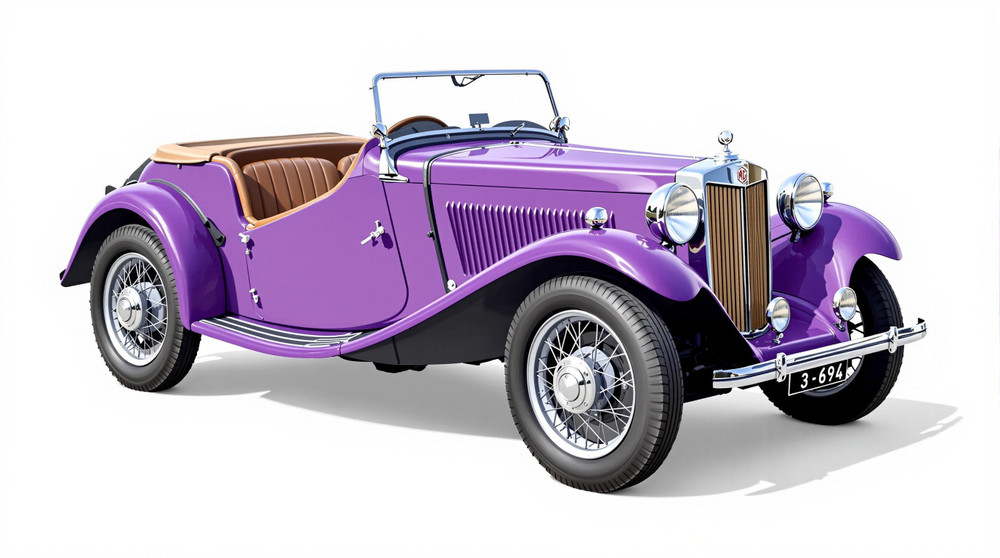Image of 1947 Mg Tc, Note: These illustrations use artistic license and may differ from actual historical models.
Performance Metrics
Fundamental Metrics
Emotional Appeal
MMP Rating
| Engine Specifications | |
|---|---|
| Engine: | XPAG type, 4-cylinder |
| Displacement: | 1,250 cc (76.2 cu in) |
| Horsepower: | 54.4 hp at 5200 rpm |
| Torque: | 64 lb-ft at 2700 rpm |
| Compression Ratio: | 7.4:1 |
| Ignition System: | Coil and distributor |
| Cooling System: | Water-cooled |
| Performance Specifications | |
| 0-60 Time: | 22.7 seconds |
| 1/4 Mile Time: | Not available |
| Top Speed: | 80 mph |
| Transmission and Drive | |
| Drive Type: | Rear-wheel drive |
| Transmission Type: | 4-speed manual |
| Fuel and Efficiency | |
| Fuel System Type: | Twin SU carburetors |
| MPG: | 28 mpg |
| Dimensions and Brakes | |
| Brakes: | Hydraulic drum brakes |
| Wheelbase: | 94 in (2,388 mm) |
| Weight: | 1,985 lb (900 kg) |
Note: Specifications for classic cars are given to the best of our ability, considering the limited and variant data available.
1947 MG TC: The Quintessential British Sports Car
The 1947 MG TC emerged as a beacon of automotive joy in the post-war era, a symbol of freedom and adventure on wheels. Born from the storied assembly lines of the Morris Garages (MG) in Abingdon, England, this vehicle not only marked the resurgence of British car manufacturing but also ignited America's love affair with European sports cars. A unique fact that entices enthusiasts is that the TC was the first MG model to be exported in significant numbers to the United States, paving the way for the sports car craze in the 1950s.
Design and Innovation
With its cutaway doors, sweeping fenders, and upright chrome grille, the exterior of the MG TC is an embodiment of classic British design. The interior exudes a no-frills elegance with a focus on driver engagement—leather seats, a wood-rimmed steering wheel, and a dashboard adorned with essential gauges. The materials used were of high quality for its time, ensuring durability and comfort. While color options were somewhat limited compared to modern standards, popular choices included Clipper Blue, Black, and British Racing Green—the latter being an iconic hue for British motorsports.
The TC was primarily available as a two-door roadster with a manually operated canvas top—a style that became synonymous with the carefree spirit of open-air motoring. Its design was not just about looks; it was also innovative for its time with features like rack-and-pinion steering and a relatively lightweight construction that contributed to its nimble handling.
Historical Significance
The 1947 MG TC wasn't just another car; it was a statement of resilience and technological progress. It set itself apart with its emphasis on driving pleasure over outright luxury—a philosophy that would influence countless sports cars to come. The TC's impact is seen in how it inspired a generation of American soldiers returning from World War II to seek out similar thrills they had experienced overseas, ultimately leading to the sports car boom in North America.
Performance and Handling
Underneath the bonnet lay a modest 1.3-liter OHV inline-four engine that produced around 54 horsepower. While these figures may seem quaint by today's standards, they propelled the lightweight TC to a top speed near 78 mph—a respectable velocity at the time. Acceleration from 0-60 mph took about 22.7 seconds. Drivers often remark on the visceral experience: feeling every contour of the road, hearing the distinctive burble of the engine, and engaging directly with every shift of the four-speed manual gearbox.
Ownership Experience
The MG TC found its niche as both a daily driver for those seeking something out of the ordinary and as a weekend warrior on racing circuits or at car shows. Its mechanical simplicity meant that maintenance could often be handled by the owner themselves, adding to its charm and practicality. However, parts can be scarce due to its age.
Fun Facts
A little-known tidbit is that only about 10,000 MG TCs were produced during its run from 1945 to 1949. Celebrities such as actor Gene Barry were known to own one. Although not record-breaking in speed or sales by today's standards, it held an important place as one of the vehicles responsible for introducing sports cars to America.
Collector's Information
Today, an MG TC can fetch anywhere from $20,000 to $40,000 depending on condition and provenance—an appreciation in value reflecting its status as a collectible classic. With fewer than 10,000 units originally produced and many lost to time, finding one in good condition can be a treasure hunt for collectors.
Conclusion
The 1947 MG TC stands as more than just another vintage vehicle; it represents an era where driving was about passion and cars were built with character. This little roadster not only helped revive post-war Britain's automotive industry but also left an indelible mark on car culture around the world. Whether on winding country roads or at prestigious car shows, the TC continues to turn heads and capture hearts decades after it first rolled off the production line.
1947 Mg Tc Catalog of Parts
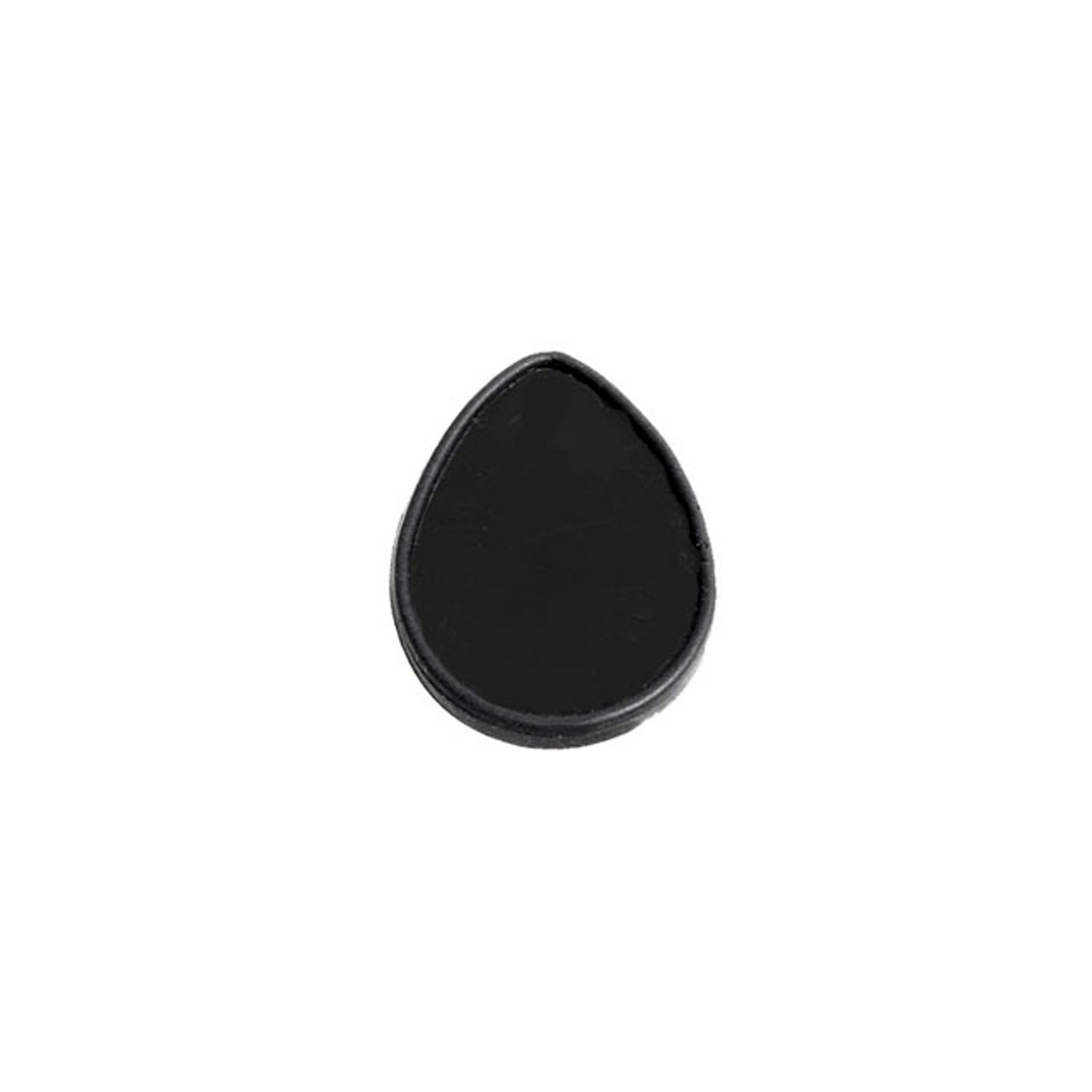 1947 MG TC Mirror Mount Pad. 1-3/8" wide X 1-3/4" long. Each-MP 1010-DMirror Mount Pad. 1-3/8" wide X 1-3/4" long. Each
1947 MG TC Mirror Mount Pad. 1-3/8" wide X 1-3/4" long. Each-MP 1010-DMirror Mount Pad. 1-3/8" wide X 1-3/4" long. Each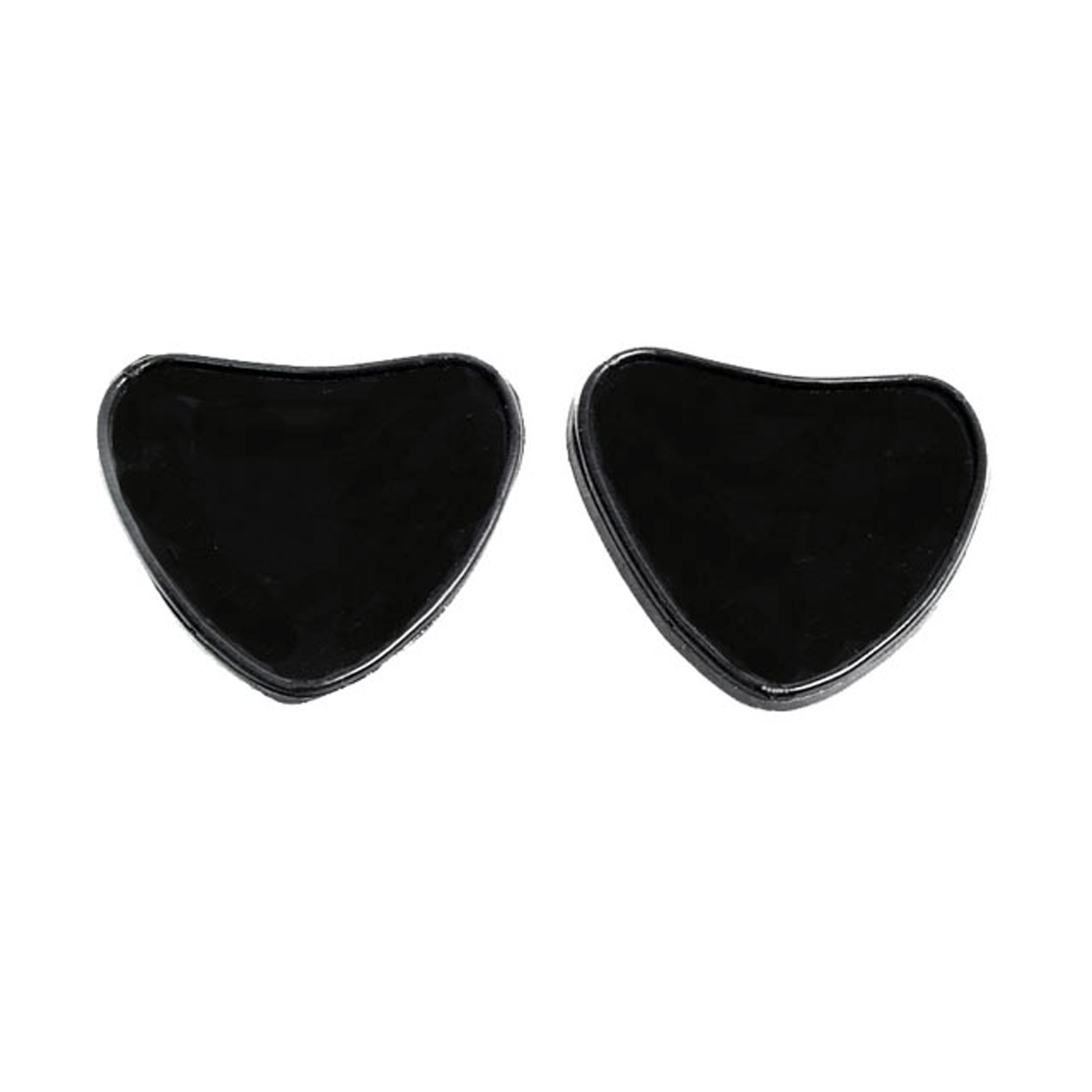 1947 MG TC Door Handle Pads. 2-1/8" wide X 1-7/8" long. Pair-MP 1010-EDoor Handle Pads. 2-1/8" wide X 1-7/8" long. Pair
1947 MG TC Door Handle Pads. 2-1/8" wide X 1-7/8" long. Pair-MP 1010-EDoor Handle Pads. 2-1/8" wide X 1-7/8" long. Pair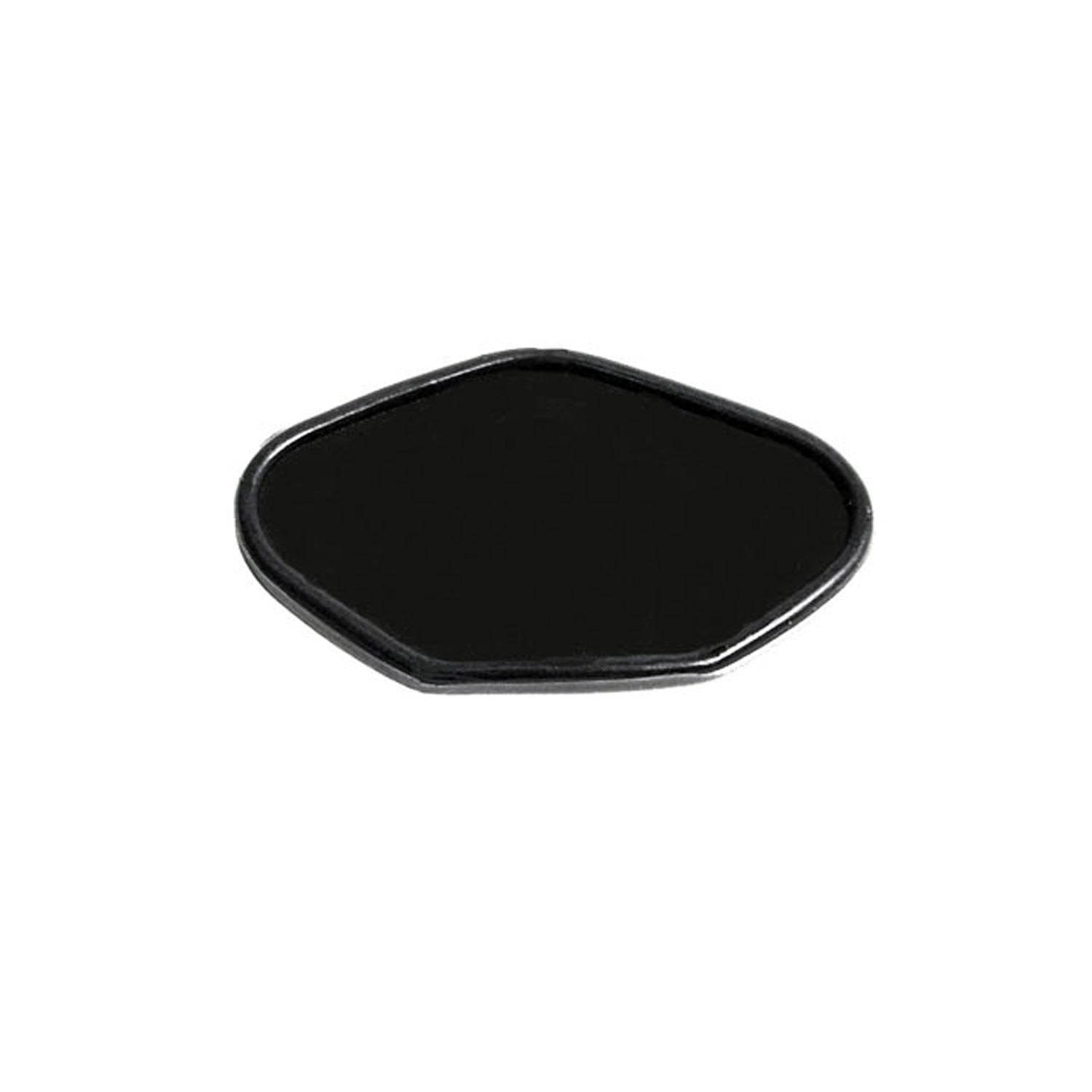 1947 MG TC Gas Tank Pad. 3-1/8" wide X 1-7/8" long. Each-MP 1010-KGas Tank Pad. 3-1/8" wide X 1-7/8" long. Each
1947 MG TC Gas Tank Pad. 3-1/8" wide X 1-7/8" long. Each-MP 1010-KGas Tank Pad. 3-1/8" wide X 1-7/8" long. Each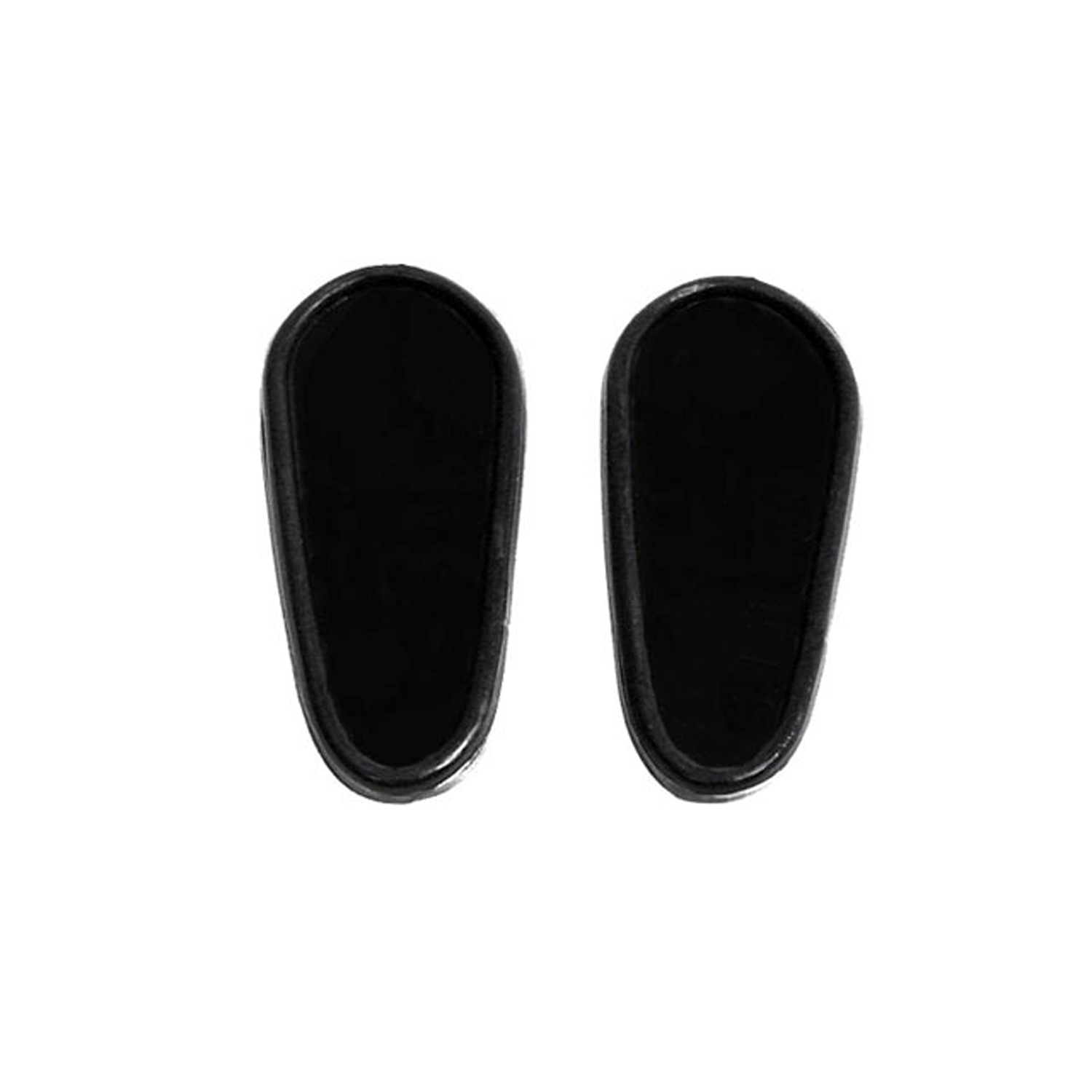 1947 MG TC Fender Light Pads. 1-3/8" wide X 3" long. Pair-MP 1010-NFender Light Pads. 1-3/8" wide X 3" long. Pair
1947 MG TC Fender Light Pads. 1-3/8" wide X 3" long. Pair-MP 1010-NFender Light Pads. 1-3/8" wide X 3" long. Pair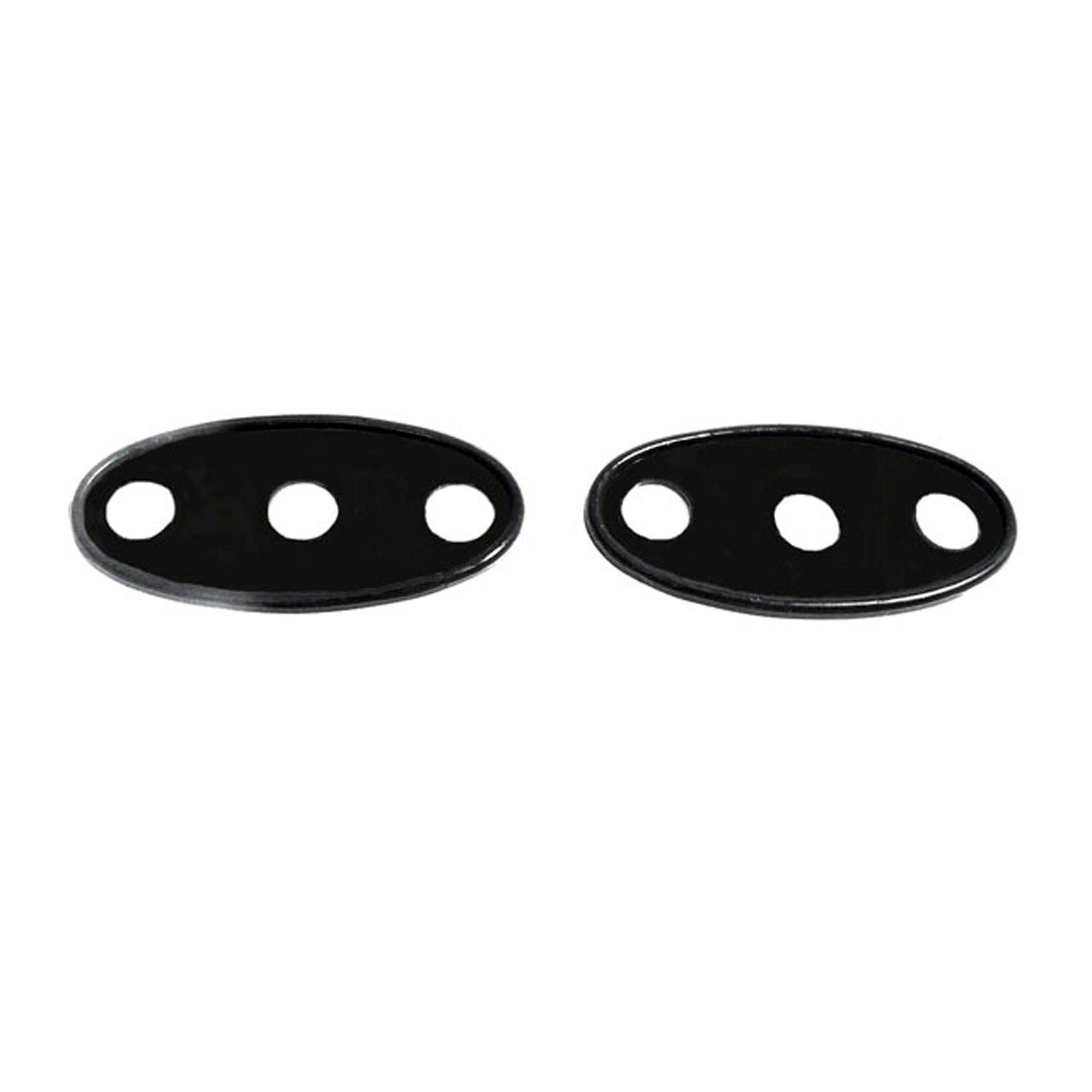 1947 MG TC Headlight Bar Pads. 1-1/2" wide X 3" long. Pair-MP 1010-PHeadlight Bar Pads. 1-1/2" wide X 3" long. Pair
1947 MG TC Headlight Bar Pads. 1-1/2" wide X 3" long. Pair-MP 1010-PHeadlight Bar Pads. 1-1/2" wide X 3" long. Pair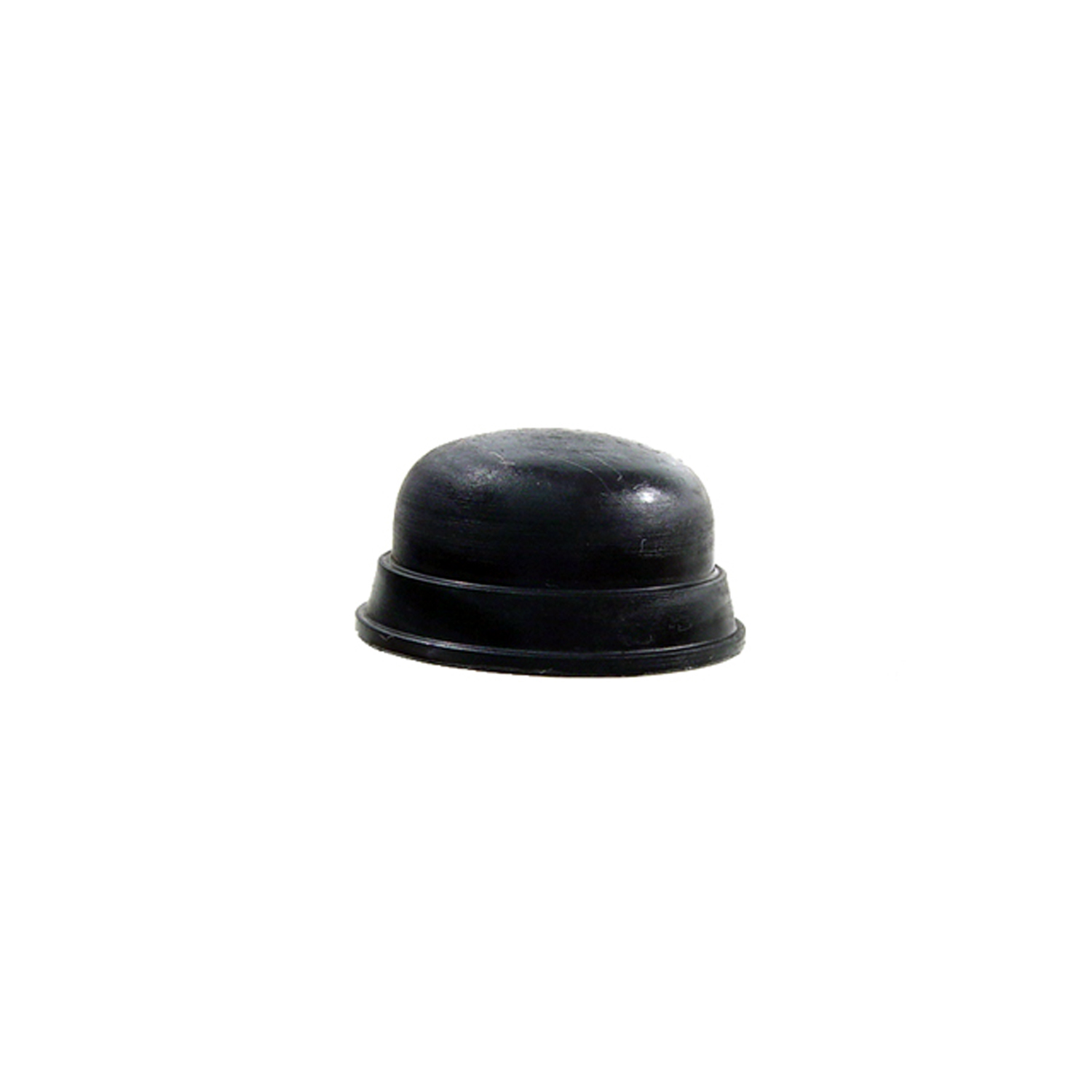 1947 MG TC Starter Solenoid Button Cover. Perfect reproduction. Each-RP 1Starter Solenoid Button Cover. Perfect reproduction. Each
1947 MG TC Starter Solenoid Button Cover. Perfect reproduction. Each-RP 1Starter Solenoid Button Cover. Perfect reproduction. Each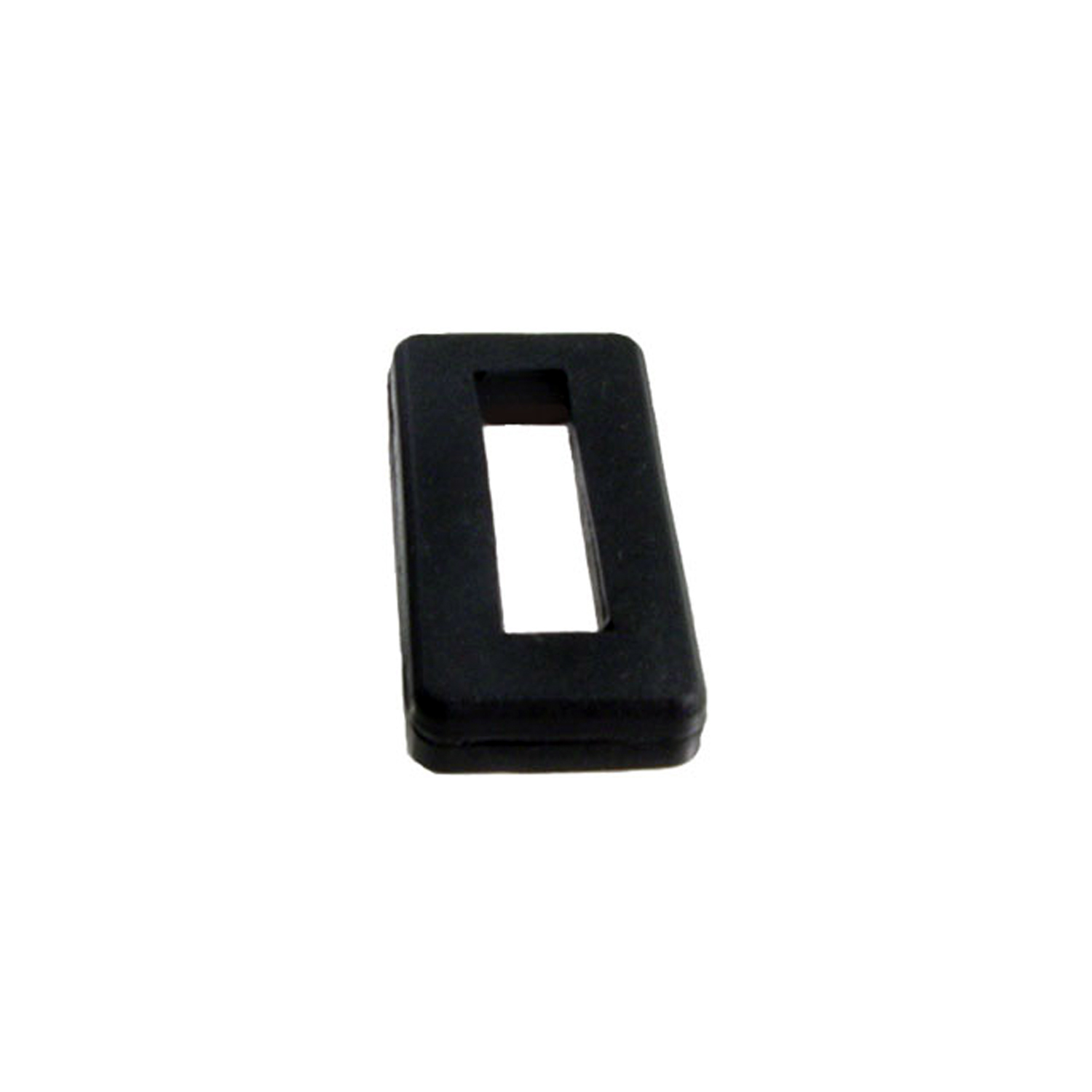 1947 MG TC Grille Shell Grommet. 2" X 1" X 5/16" Thick. Each-SM 7Grille Shell Grommet. 2" X 1" X 5/16" Thick. Each
1947 MG TC Grille Shell Grommet. 2" X 1" X 5/16" Thick. Each-SM 7Grille Shell Grommet. 2" X 1" X 5/16" Thick. EachWhy Choose Metro?
For over 100 years, Metro Moulded Parts has been the pinnacle of quality in classic car restoration parts. Our commitment to precision and authenticity in every component ensures a perfect fit and an OEM-level appearance.
- Expert Craftsmanship & Quality: Each part is a testament to our dedication to reliability and perfection, crafted from original designs and thoroughly tested.
- Advanced Technology: We use cutting-edge techniques to create flawless, long-lasting parts that surpass others in performance.
- SuperSoft Sponge – The Ultimate Door Seal: Not only are our door seals 30% softer than competitors', but they're also guaranteed to never leak. They effectively reduce wind and road noise, enhancing your classic car's comfort and driving experience.
- Proudly American: Our parts are a product of American craftsmanship, made in the USA with a spirit of excellence and heritage.
- Unrivaled Warranty: We back our products with a 30-year industry-leading warranty, a testament to our confidence in their quality.
Join us in preserving the legacy of classic cars with parts that are crafted for perfection, not just made.

